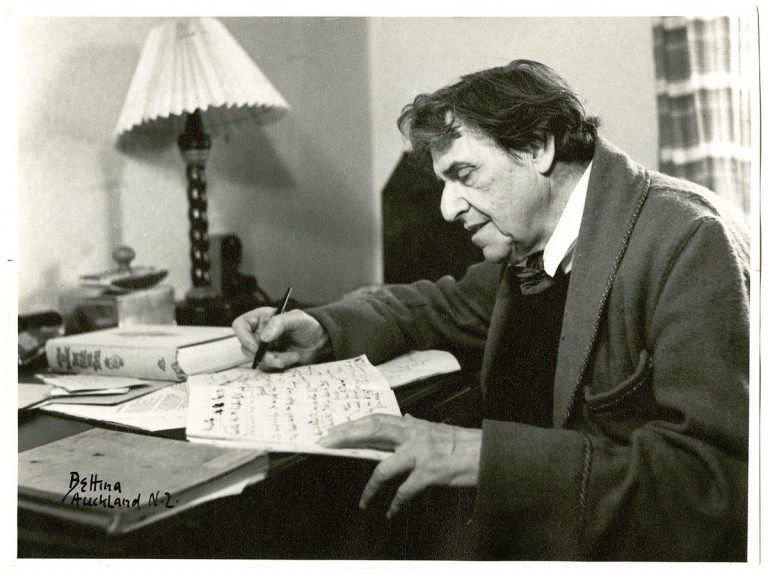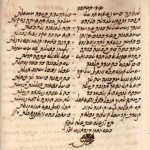Karl Wolfskehl
The poet and translator Karl Wolfskehl (1869 – 1948) came from a prominent Jewish family rooted in Germany since the days of Charlemagne. His father was a member of the Hessen State Parliament. The Nazis despised Wolfskehl for claiming to speak for the “German soul,” and in 1933 hounded him out of the country. A year later, Schocken published Wolfskehl’s The Voice Speaks (1934), as an example of “all the beauties of European culture” that were now destitute and living in exile.
Schocken admired Wolfskehl’s translation abilities. “As a translator of medieval works”, Schocken wrote, “he can create something extraordinary” because his poetic sense could bring life to the “hymns, the religious speech, the exuberance before God.”
In addition to writing and translating, Wolfskehl amassed a library of 8,000 volumes. The collection bore a deep interdependence between German culture and Jewish lore. Before fleeing Germany, Wolfskehl sold his collection to Schocken, for a life-long monthly stipend. In buying the collection and transporting it to Jerusalem, Schocken saved the books from expropriation and destruction by the German government.





